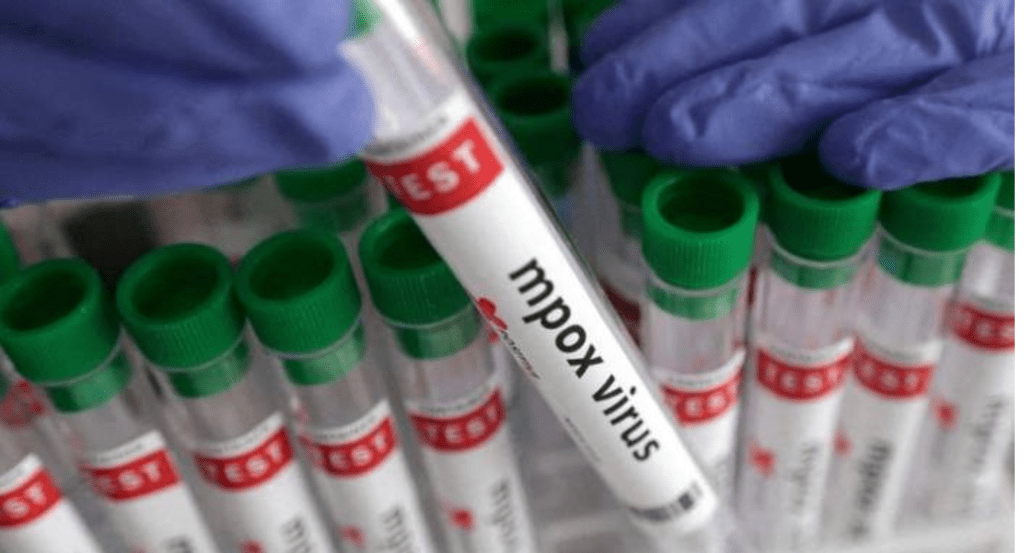In a major public health response, the World Health Organization (WHO) has announced the allocation of mpox vaccines to nine African countries severely impacted by the recent resurgence of the virus. The WHO’s intervention comes as cases of mpox, previously known as monkeypox, continue to rise across the continent, with health systems in affected regions struggling to cope with the outbreak.
The Democratic Republic of Congo (DRC), with the highest number of reported cases, will receive the largest share of the allocated vaccine doses. Other countries receiving vaccine support include Nigeria, Cameroon, Central African Republic, and Ghana. The WHO’s efforts aim to curb transmission rates and reduce the strain on healthcare systems already stretched by limited resources and competing health priorities.
The Vaccine Allocation and Its Purpose
The WHO has partnered with health ministries in the affected countries to distribute vaccines strategically, prioritizing regions with the highest incidence of cases. This allocation also targets vulnerable groups, particularly healthcare workers and individuals in high-risk areas, to prevent further spread and protect those most at risk.
Dr. Matshidiso Moeti, the WHO Regional Director for Africa, stated, “The current mpox outbreak highlights gaps in our health systems and the urgency of ensuring vaccine equity.” The distribution of mpox vaccines in Africa has long been a challenge, with high demand and limited supplies. By distributing these doses, the WHO aims to foster a coordinated approach to managing the outbreak, ensuring that resources reach those who need them most.
Countries Most Affected and Their Response
The DRC, Nigeria, and Cameroon are among the nations most affected by mpox, each experiencing a surge in cases. In response, these countries have ramped up health campaigns to raise awareness of mpox symptoms and preventive measures. National health officials are working with the WHO to improve detection and reporting systems, aiming to contain the spread through early intervention and treatment.
In Nigeria, for instance, the Nigeria Centre for Disease Control (NCDC) has launched an awareness campaign focused on educating the public about mpox transmission, symptoms, and the importance of vaccination. The campaign targets high-risk communities, particularly those in urban centers where close-contact interactions may facilitate the virus’s spread.
The Role of International Collaboration
The WHO’s intervention reflects the importance of international collaboration in addressing health crises in developing regions. Mpox, though less severe than smallpox, can still cause significant morbidity, and its resurgence in Africa has drawn attention to the global need for preventive health measures. Through partnerships with vaccine manufacturers, the WHO has been able to secure doses specifically for Africa, recognizing the vulnerability of the region’s healthcare systems.
In addition to vaccine distribution, the WHO is providing technical support to the affected countries, assisting with training healthcare workers in case management, and improving laboratory testing capacities. This collaborative approach is critical to preventing future outbreaks and supporting Africa’s ability to manage infectious diseases.
Vaccine Accessibility and Public Health Challenges
Access to mpox vaccines has been a long-standing issue in Africa, where health systems often lack the funding and infrastructure to secure essential medical supplies. The current allocation represents a step forward in addressing this challenge, yet experts note that the number of doses remains limited relative to demand.
Healthcare workers in affected areas are particularly vulnerable due to their close contact with infected individuals. The WHO’s priority is to vaccinate these frontline workers first, alongside individuals in outbreak hotspots. However, achieving comprehensive coverage will require additional resources and continued international support.
Public Health Outlook
While the vaccine rollout is a positive development, the broader battle against mpox in Africa remains complex. The virus’s spread is influenced by factors including socioeconomic conditions, public awareness, and healthcare infrastructure. Beyond vaccination, experts emphasize the importance of preventive measures, such as hygiene practices, public education, and quick access to medical care, to control the virus effectively.
As the WHO and African health ministries work together to implement the vaccine program, there is hope that these efforts will help reduce transmission rates and eventually bring the current outbreak under control. The WHO’s proactive stance on mpox vaccines in Africa may also pave the way for more sustained investment in the continent’s health systems, ensuring greater resilience against future health threats.
Conclusion
The distribution of mpox vaccines across nine African nations underscores the WHO’s commitment to health equity and the global effort to combat infectious diseases. For now, the vaccine allocation brings much-needed relief to vulnerable populations and offers a means to protect healthcare workers on the front lines. Continued support, however, will be essential to ensure that Africa’s response to mpox is both immediate and sustainable.
Meta Description:
Focus Words:
mpox vaccines,




















